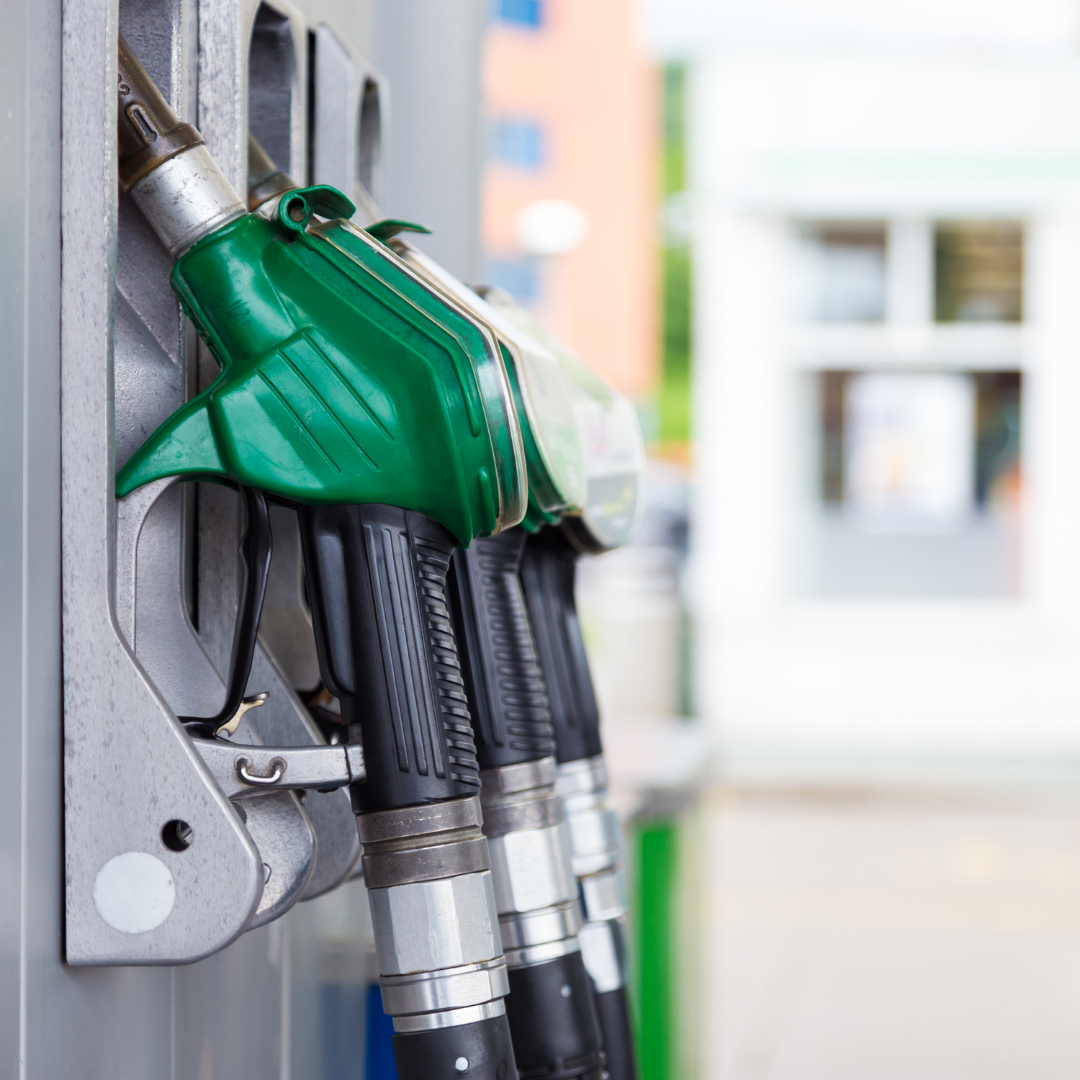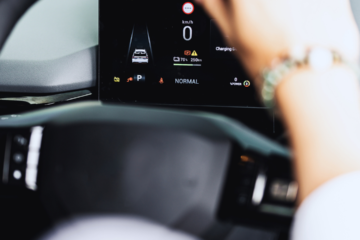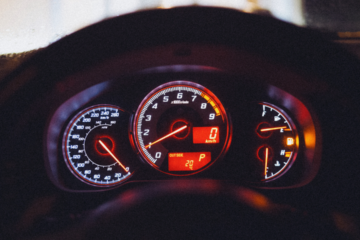What Are the Signs of a Bad Fuel Pump?

The fuel pump in your car serves a very important purpose: it pumps fuel to your car’s engine. A faulty fuel pump is probably one of the most common problems that a car owner will experience. At the very least, it will cost you a lot of money for a replacement. In fact, it can be the culprit for some other issues as well, such as a failed transmission.
When your car spends most of its time parked, you can easily forget that there’s anything wrong with it. The engine noises that you may hear during daily driving are usually nothing more than normal. But when your car is parked for a longer period of time, you need to be extra vigilant. You’ll need to check the oil level, check the coolant level, and check the car’s condition. If any of these 3 conditions aren’t functioning properly or aren’t present, you’ll need to get it checked out immediately.
- When Your Car Bumps or Sputters at High Speeds
Every time you start your car up, the gasoline is mechanically mixed with oxygen, mixing with the air and turning into fuel in your engine. This process is called “burning,” and it is the main reason your car runs. However, everything goes wrong when this happens, and fuel pump failure is one of the most frustrating and preventable problems with your car.
If you’re in the market for a new car, you’ve likely been researching it online. But before you buy, be sure to check the fuel pump on your car. One of the most common signs of a bad fuel pump is jerking or sputtering when the car accelerates. A malfunctioning fuel pump is the single most common reason for the infamous “check engine light.”
- Your Engine Won’t Start
This is a common problem with your car, and unfortunately, there’s no single fix for it. The issue is that most auto parts stores sell fuel pumps that are designed to last for the life of the car, but as your car has aged, it could fail. Why? The failure has often come not from the fuel pump itself but instead from some other leaky part that isn’t as long-lasting as the pump. After your car has been running for a while, it’s natural to start paying close enough attention to the fuel pump to see if it’s working properly. However, a new study suggests that this constant monitoring may actually be doing more harm than good.
- Losing Power When Driving Uphill or Pulling a Load
As gas prices continue to climb, the number of fuel pump failures is also on the rise. So, what can we do as drivers to keep our fuel pumps in good shape? The best way to prevent failure is through regular maintenance, which helps protect the fuel system and reduces the risk of breakdowns. One simple step is to take your car to a trusted auto repair shop every two or three months. Experienced mechanics can inspect the fuel pump, catch any issues early, and keep everything running smoothly.
A bad fuel pump can be one of the most frustrating things to deal with when you need to schedule an appointment to get your vehicle fixed. The tricky part is that fuel pump issues often go unnoticed until they start affecting your car’s performance. Unless you’re familiar with how a fuel pump works and the early warning signs of failure, you might not even realize there’s a problem. This is why companies that need to use a fleet of commercial vehicles often have fleet fuel management systems (https://www.lytx.com/en-us/resources/articles/fleet-fuel-management-systems) in place, so that any discrepancy can be tracked and the associated problem solving.
The fuel pump is controlled by sensors in most vehicles and provides fuel pressure to the fuel rail inside the engine. This pressure allows the fuel pump to operate the fuel injectors. If the fuel pump fails, the fuel pressure from the engine may be pumped into the fuel tank. Fuel pump failure can happen due to many reasons. One potential cause of this problem is a faulty solenoid.
They are electrical components that are commonly used in fuel systems to control the flow of fuel. Essentially, they act as valves that are activated by an electrical signal, allowing fuel to flow through the system when needed. Failing to replace the Woodward Solenoids or fix the underlying issue can cause engine misfires, engine damage, and poor fuel economy. In the worst-case scenario, the engine may stall.
To many, the only thing more important than their car is the gas in their car. Car manufacturers often stress that a timely fuel pump replacement is a major safety issue, but many drivers keep on driving with their fuel pump failing. In fact, many mechanics and mechanics shops fail to diagnose and repair the issue properly. And since many cars have their fuel pump(s) located under the hood, it is not always convenient to access the problem. So, what should you do if you suspect your fuel pump is bad? And how can you check it out before you waste thousands of dollars on a replacement?



0 Comments